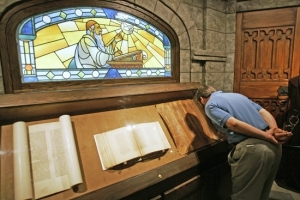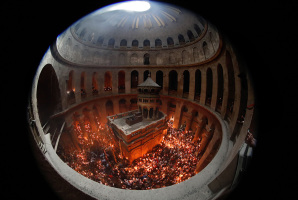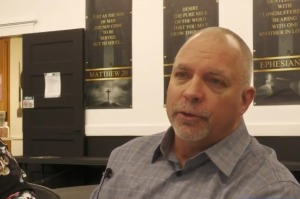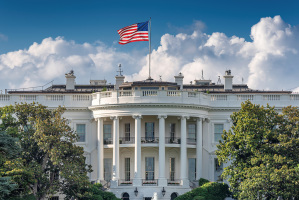Religious exemptions for Christian colleges opposed to LGBT ideology upheld by appeals court
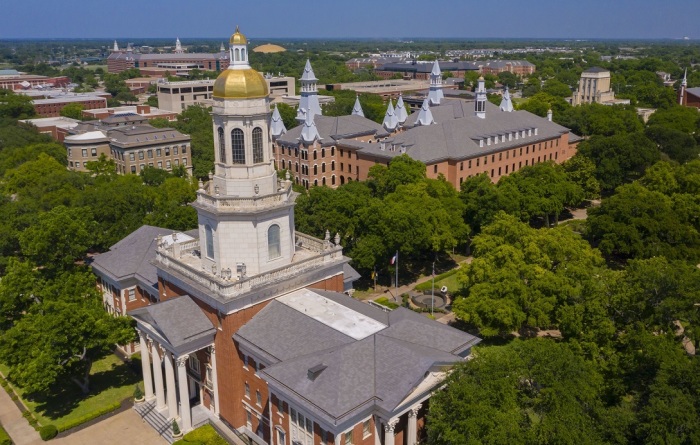
A three-judge panel of the 9th U.S. Circuit Court of Appeals has ruled against an effort to strip Christian colleges of federal funds because of their biblical views on LGBT issues.
In a decision released last week in the case of Hunter et al. v. Department of Education, et al., the panel unanimously upheld the religious exemption given to Christian academic institutions under Title IX federal civil rights law.
At issue is whether the appeals court would revive a lawsuit filed by a group of LGBT students against Christian schools that they claim discriminated against them on the basis of their sexual orientation or gender identity.
Circuit Judge Milan D. Smith, Jr., a George W. Bush appointee, authored the panel opinion, writing that there is "a continuous, century-long practice of governmental accommodations for religion that the Supreme Court and our court have repeatedly accepted as consistent with the Establishment Clause."
"Here, when a school claims an exemption, the Department must make two determinations — whether the school is controlled by a religious organization and whether Title IX would conflict with the religious tenets of the controlling organization," wrote Smith. "We are not persuaded that this type of facially neutral religious accommodation violates the Establishment Clause."
The Council for Christian Colleges & Universities, an association composed of nearly 200 Christian academic institutions, released a statement celebrating the panel opinion.
"The Council for Christian Colleges & Universities is grateful to the Court for the decision that follows the law established for centuries. The case was briefed thoroughly and the U.S. Court of Appeals ruled wisely," CCCU stated.
The Religious Exemption Accountability Project, the group behind the litigation against the Christian schools and the U.S. Department of Education, released a statement vowing to fight on.
"As this ruling makes clear, we cannot simply rely on the courts to protect the rights and well-being of LGBTQIA+ students at religious schools but must use every tool at our disposal to expose the harms they experience and push for change," stated the group.
"Although this is not the result we wanted to see, we will not give up. In times like these we must turn our eyes even more so to those who are harmed by this ruling."
REAP filed the lawsuit in March 2021 on behalf of more than 30 LGBT current and former students who believe they were discriminated against by over 20 religious colleges.
Elizabeth Hunter, the lead plaintiff, was a former student at Bob Jones University who claimed that school officials had harassed her because of her sexual orientation.
She also took issue with the student handbook detailing behavioral rules prohibiting same-sex romantic relationships, claiming that the school created a "scary, harsh environment for me."
Other schools named in the lawsuit included Baylor University, Cedarville University, Liberty University, Oral Roberts University, Azusa Pacific University, Regent University School of Law, George Fox University, and Brigham Young University, among others.
In January 2023, U.S. District Judge Ann Aiken in Oregon, a Clinton appointee, ruled against the plaintiffs, concluding that plaintiffs failed to prove that the original religious exemption granted by Congress decades ago for Title IX was discriminatory.
"Plaintiffs have submitted no allegations of discriminatory motivation on the part of those enacting the religious exemption. To the contrary, Plaintiffs argue that when Congress enacted Title IX, protections for — or discrimination against sexual and gender minorities — were 'of no concern,'" wrote Aiken.
"Plaintiffs provide no evidence and supply no allegations involving the above-listed factors for the Court to consider and evaluate whether Congress was motivated in part by a discriminatory purpose when it enacted the religious exemption."
















